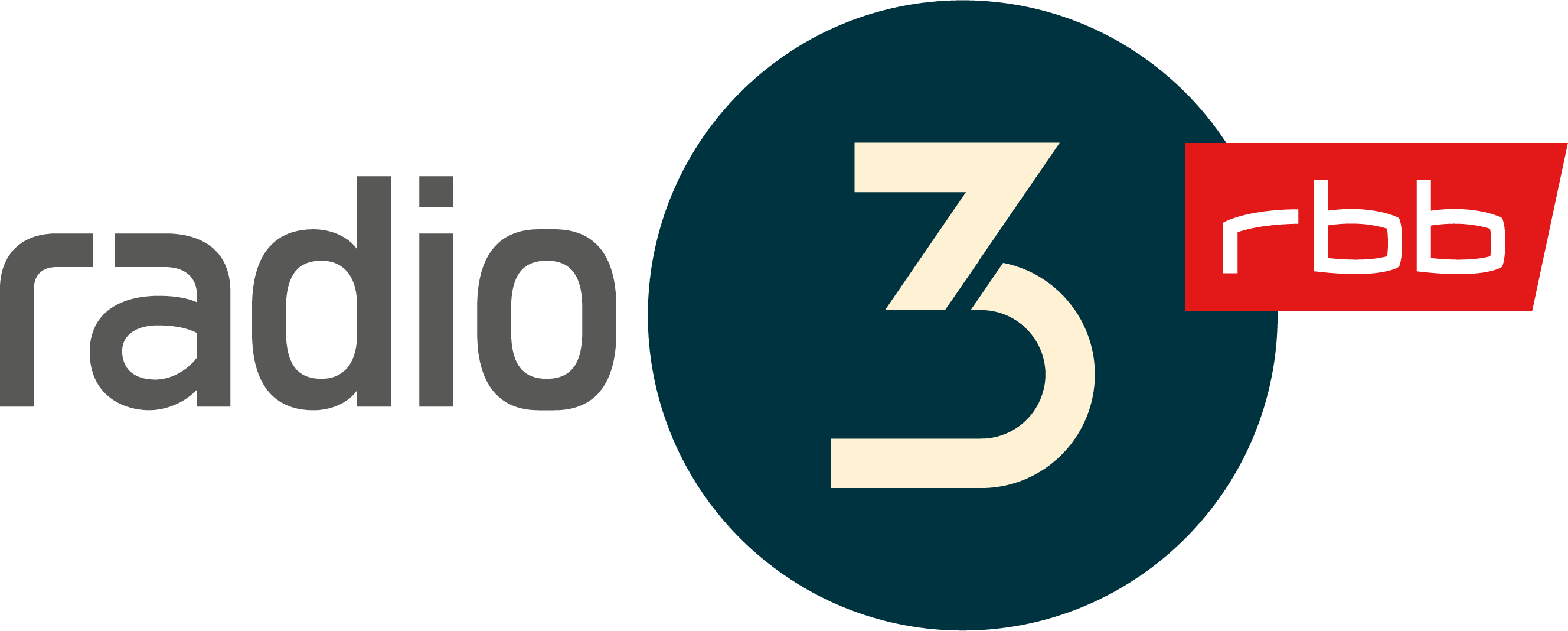Blown Away: The Palace of the Republic
Fri, 17 May 2024 – Sun, 16 February 2025
| 12 € / 6 € |
| Day ticket required |
| Last admission 17:30 |
| English, German |
| Accessible for wheelchairs |
| Special Exhibition 1 + 2, Ground Floor |
Loved and hated, adored and reviled, gone, yet not forgotten: Where the Humboldt Forum stands, there once stood the Palace of the Republic – a building of political power in East-Germany. With the programme Blown away. The Palace of the Republic, the Humboldt Forum is dedicating an annual focus to this lost site, reflecting on its own existence and prehistory as well as the publicly debated question of why the Palace of the Republic was demolished and the Humboldt Forum was built in its place – with the appearance of the baroque palace and in parts over the original concrete foundations of the palace, which have been preserved underground.
Invitation to discourse
The questions raised by the construction, operation and demolition of the palace still move many people today. The programme focuses on loss, oppression, freedom, participation and transformation and includes a large special exhibition, a theatre production, a variety of events, workshops and digital offerings as well as an extensive book publication.
Special exhibition
The exhibition Blown Away: The Palace of the Republic will bring the history and present of the palace to life on 1,300 square metres from May 2024. On display are objects from and about the palace, drawings, photographs and posters, audio and video interviews from the “Remembrance work in the Humboldt Forum” project and participatory activities.
The exhibition is dedicated to the various phases of the building: from its planning and construction (1973-1976) to its use as a multi-purpose political and cultural building in the GDR, its significance as the seat of the first freely elected People’s Chamber, its interim use and its demolition in the Federal Republic of Germany, which was completed in 2008. Numerous works of art, designs and furnishings from the Palace of the Republic illustrate the various uses of the building, including fragments of the sculpture Gläserne Blume (Glass Flower) and the painting Die Rote Fahne (The Red Flag) by Willi Sitte.
Book publication
The publication Blown away. The Palace of the Republic positions the Palace of the Republic as an all-German topic and illuminates it in all its breadth, with topics such as architecture, building history, artistic positions, research and experiential knowledge. At the heart of the exhibition are numerous perspectives on the palace and its history from a wide variety of people, with discourses opening up the topic to a broad audience.
With texts by Victoria Helene Bergemann, Aron Boks, Gesine Danckwart, Hanno Hochmuth, Dagmar Hovestädt, Zsófia Kelm, Ilko-Sascha Kowalczuk, Yevheniia Moliar, Chen Shuyu, Gülşah Stapel, Oliver Sukrow, Bruno Torres, Uljana Wolf and curators from the Humboldt Forum Foundation at the Berlin Palace, among others. With photographic works by Tobias Kruse, graphics by graphicrecording.cool (Johanna Benz, Tiziana Beck).
Blown away. The Palace of the Republic, hardcover, 248 pages, 34,90 €
Available in the Humboldt Forum shop and in bookshops.
cultural and media partners







History of the site at the Humboldt Forum
Since the beginning of 2014, the History of the Site department has conducted research, indexed and digitised film, television and photographic material, researched and collected objects and archive material, organised exhibitions and events as well as a wide range of talks and publications on the Palace of the Republic. Twelve “traces” with objects or documents relating to the Palace of the Republic are permanently installed in the Humboldt Forum and can be explored virtually in the media guide. The Palace of the Republic also plays a prominent role in the “Video Panorama”.
Events on the Palace of the Republic have been taking place at the Humboldt Forum since 2022. The focus on The Palace of the Republic is the Present began in May 2022 with a themed weekend, and at the end of 2023, discussions, readings and other artistic formats focussed on cultural palaces, particularly in Central, Eastern and South-Eastern Europe, some of which have survived from the period before 1990.